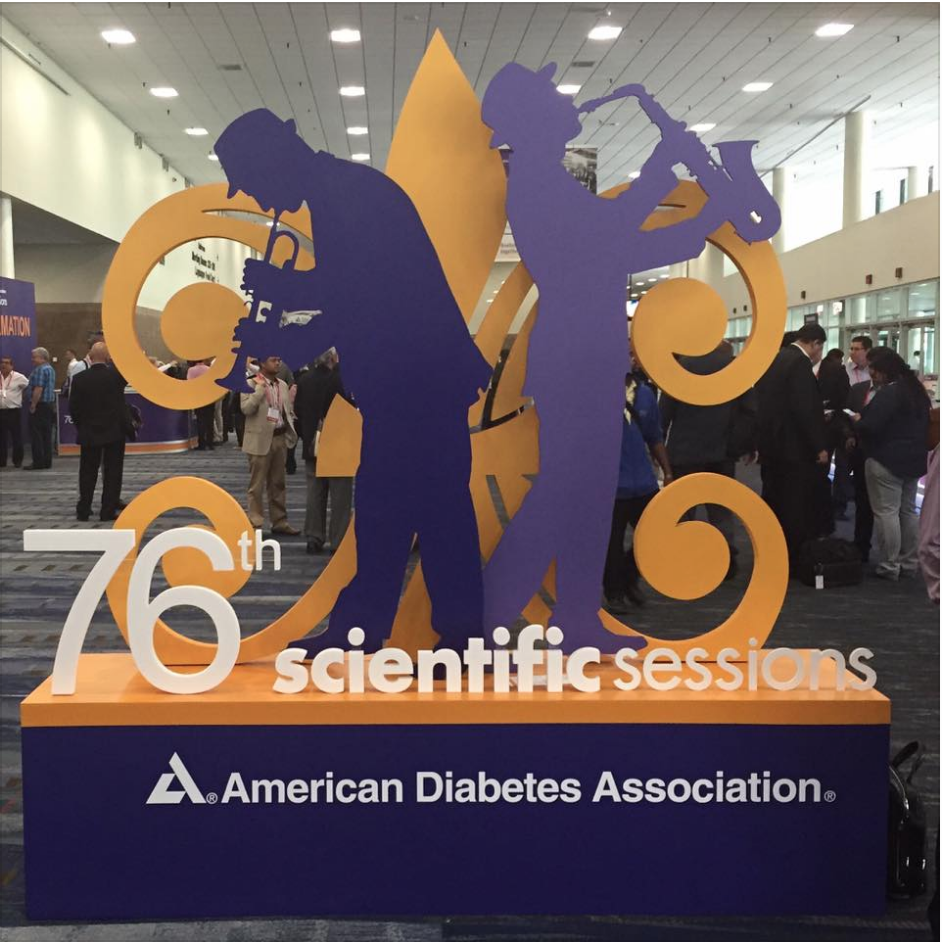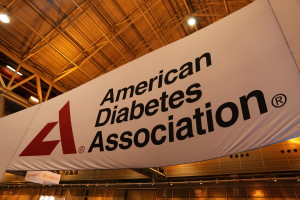Sharing T1D Research Progress with Global Diabetes Experts

 A spotlight on JDRF-funded research to be presented at American Diabetes Association Scientific Sessions
A spotlight on JDRF-funded research to be presented at American Diabetes Association Scientific Sessions
New Orleans, Louisiana, is buzzing this week with the 76th Scientific Sessions of the American Diabetes Association (ADA), where JDRF grantees are among the many participants sharing the latest advances in diabetes research and clinical care. Here are just a few of the areas where JDRF is making a difference.
Artificial pancreas (AP) systems are often a hot topic, and the ADA conference is no exception. Results from multiple JDRF-supported clinical trials of AP systems are included in the program. Ahmad Haidar, Ph.D. (McGill University, Montreal, Quebec, Canada), is slated to present a comparison of dual- versus single-hormone AP systems used overnight. Timothy Jones, M.D. (Princess Margaret Hospital for Children, Perth, Australia), will bring data comparing overnight use of a closed-loop system versus a sensor-augmented pump with low-glucose suspend in adults and adolescents. Updates from our industry partners Medtronic and Animas are also expected. In addition, JDRF and the National Institutes of Health will convene the brightest minds in closed-loop technology for a meeting of the AP Consortium. Since its launch in 2006, the Consortium has been an unparalleled incubator for the development and diversification of AP technology. As a result, many experts believe the near future holds a variety of automated options for managing blood glucose.
JDRF is committed to ensuring that as many people as possible can take advantage of new breakthroughs like these as they are delivered. To this end, we are joining with ADA to present a symposium dedicated to tailoring diabetes therapies for children. JDRF-funded researchers including Trang T. Ly, Ph.D. (Stanford University, Stanford, CA), and Jennifer L. Sherr, M.D., Ph.D. (Yale University, New Haven, CT), will discuss the pediatric use of technologies like continuous glucose monitors and insulin pumps. JDRF is excited at the prospect of customizing these therapies to help kids with type 1 diabetes (T1D) do better.
JDRF is working to improve outcomes among young people with T1D in other ways as well. Managing T1D can be a psychological challenge in addition to a metabolic one. Lori Laffel, M.D., M.P.H. (Joslin Diabetes Center, Boston, MA), a member of JDRF’s Research Advisory Committee, is at the forefront of the effort to assess the psychological impacts of T1D, particularly in adolescents. Learning about the psychological factors involved can lead to better management of T1D and better clinical outcomes.
Why It Matters
Participating in the ADA conference strengthens JDRF’s researchers through collaboration and inspiration so they can continue their essential work toward our mission to cure, prevent and treat T1D and its complications.
Learn More
Follow us here at jdrf.org and on Twitter and Facebook for updates on JDRF-funded research, or keep up with all the breaking news from the ADA Scientific Sessions by following the hashtag #2016ADA on Twitter.